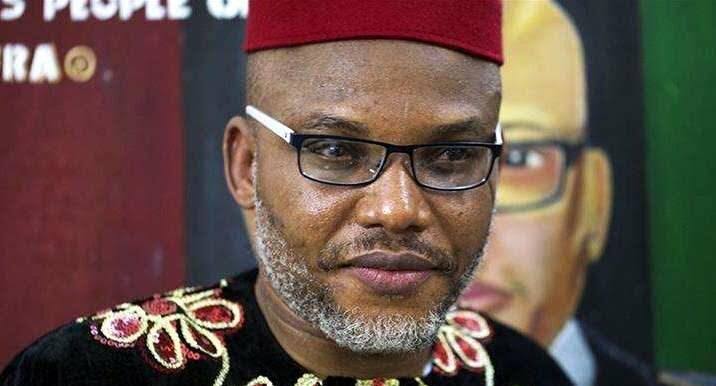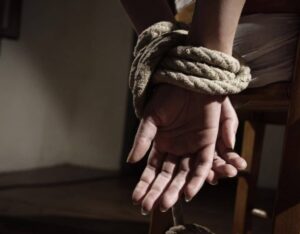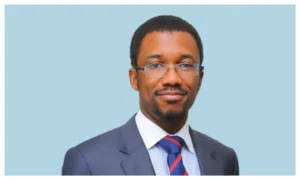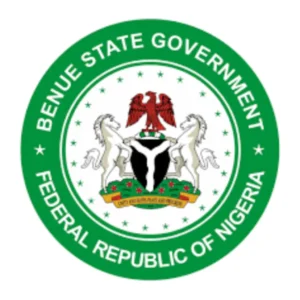Nnamdi Kanu, the leader of the Indigenous People of Biafra (IPOB), has made a passionate plea for the end of the persecution faced by the Igbo people in Nigeria. This statement came during a recent hearing in his trial at the Federal High Court in Abuja, where Kanu expressed his frustrations and concerns regarding the ongoing treatment of his community.
“This Persecution of the Igbo people in Nigeria, this almost global orchestrated persecution of Igbo people stops with me. It can never happen. I am campaigning for the freedom of my people, as simple as that.”
On Tuesday, as the hearing resumed, Kanu emphasized that the relentless persecution of the Igbo people cannot continue. He reiterated that this injustice is a primary motivation behind his campaign for the freedom of the Igbo community. Kanu’s words highlight the serious issues of discrimination and violence that have affected the Igbo people for years.
Kanu’s frustration with the judicial process has reached a boiling point. He openly stated that he has lost confidence in the court and called for Justice Binta Nyako to recuse herself from his trial. This request stems from his belief that he cannot receive a fair trial under her supervision, reflecting the deep-seated tensions between the IPOB leader and the Nigerian legal system.
The Igbo people have a long history of marginalization and violence in Nigeria, especially following the Biafra War in the late 1960s. Many Igbo individuals and groups, including IPOB, argue that systemic discrimination and human rights abuses continue to this day. Kanu’s call for an end to persecution resonates with many who share similar experiences and grievances.
As the trial progresses, Kanu’s statements have drawn attention not only to his situation but also to the broader issues facing the Igbo community. His commitment to fighting for their rights is a central theme in his activism, which has gained significant support among those who advocate for the independence of Biafra.
Kanu’s demands for justice and freedom have ignited discussions across Nigeria and among the global Igbo diaspora. Supporters of IPOB view his statements as a rallying cry for the Igbo people, encouraging them to stand against oppression. Many are calling for greater awareness of the struggles faced by the Igbo community and are urging the Nigerian government to address these injustices.
In contrast, critics of IPOB and Kanu’s methods argue that his actions could further inflame tensions in an already volatile situation. The Nigerian government has responded to IPOB’s activities with force, leading to increased arrests and violence, raising concerns about the safety of Igbo individuals.
As Nnamdi Kanu continues to navigate his legal challenges, his message remains clear: the persecution of the Igbo people must end. His determination to fight for their rights reflects a broader struggle for justice that resonates with many in Nigeria and beyond. The outcome of Kanu’s trial and the response from the Nigerian authorities will likely have significant implications for the future of the Igbo community and their quest for freedom.







